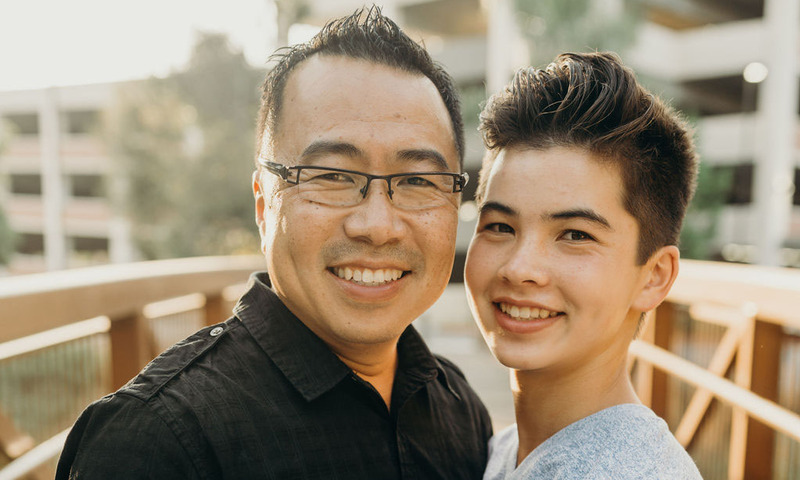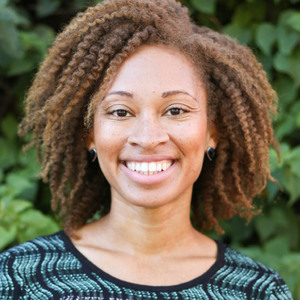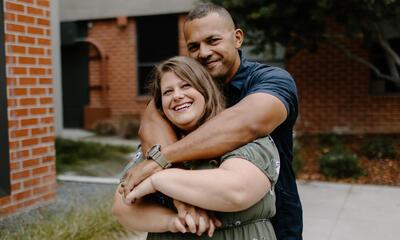3 Reasons Why You Really Need A Dad

Growing up I took my dad for granted.
Instead of appreciating him I was often annoyed by him. Nevertheless, my father was there, unlike 24 million children living without a father in the home in the United States. Fathers have a unique and significant role in the lives of their children. Here are three reasons why:
-
Dads are the ones that will tell their child to jump and see if they can fly. My father wasn’t exactly the one who would tell us to jump but he would let us fly. One of my favorite memories with him was going to Kenneth Hahn Park to fly kites. Fathers tend to spend a higher percentage of time playing with their children and are more likely to encourage physical play, roughhousing, and risk-taking. Play is the main way children build confidence, social skills, resilience, mental intelligence and emotional maturity. So as nerve-wracking as some forms of play might be for me, I will let my husband have at it (just as long as I don’t have to watch).
-
Dads are the only ones who can be a man. My father is loving, generous, and God fearing, and no matter how hard I tried, I could not help but marry the same kind of person. A father’s love and support has a dynamic impact on the men that boys grow up to be and that women chose as their mates. Emotionally available fathers significantly shape their children’s social skills and even sexual habits. So it seems that fathers who invest in emotionally connecting with and encouraging their children will have more of an impact on their children’s romantic lives than threatening to hunt down their daughter's boyfriend or throwing condoms at their son.
-
Dads make life better. My father kept things stable. He worked hard so my mother could stay home with us for our first few years. His demeanor was sometimes annoyed but almost always jolly, literally jolly. And to this day, he is the glue of the family and the one who always makes himself available for family time. I believed that this stability has greatly impacted my outlook on life. Children with involved fathers tend to have a better overall quality of life. They are more likely to be more optimistic, have stronger marriages, enjoy recreation time, and experience less stress. I guess you could call fathers a natural happy pill.
I imagine that the topic of fatherhood brings up a myriad of feelings: appreciation, resentment, and regret. Whatever this brings up for you I want to remind you that it is never too late to be fathered. “Father” is a title and a role that any male can fill. There are valuable father figures in your circle if you recognize them as such. If you are a single or divorced mother, you can help your children be accepting of their biological father by refraining from speaking negatively about him. My husband’s grandfather always told him, “Children see their father through their mother’s eyes.” Don’t be the obstacle to your child gaining the benefits of a father who is trying to be in their lives.
In the same vein, it is not too late to be a father. If you have been distant from your children, know that you are important even now. Just be consistent, honest, and seek a father figure to mentor you. (Hint: Seeking God the Father is a perfect place to start.) Be ready to tolerate the pain your children may express toward you upon your return, but never give up on them. Your presence is needed.




